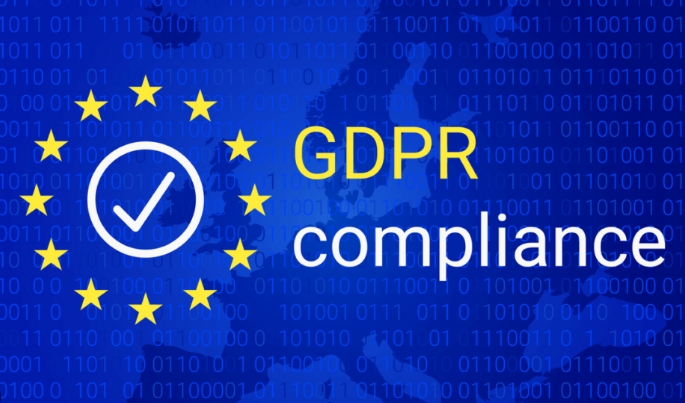The era of digitization has changed the way we interact, do business, and even share information. URL shorteners, while a simple utility, have become indispensable tools in digital marketing. Yet, their operation intersects with the sphere of data privacy, regulated stringently by laws like the General Data Protection Regulation (GDPR). This intricate connection is what we aim to explore today.
Understanding URL Shorteners
A URL shortening tool is exactly what its name suggests. It's a tool that helps reduce the length of links. We've extensively discussed these tools in our previous articles, for more detailed information, please refer here: URL Shorteners: The Ultimate Guide
One of the ideal tools available today is ShortenWorld. Not only does ShortenWorld help in shortening URLs, but it also simplifies URL management and ensures maximum data security. Therefore, using ShortenWorld is an ideal choice in the context of GDPR compliance.
What is GDPR?

GDPR, or General Data Protection Regulation, is a law implemented by the European Union in 2018 to safeguard data privacy. It encapsulates principles like transparency, purpose limitation, and data minimization. GDPR applies to any business, irrespective of geographical location, that processes the personal data of individuals within the EU.
The connection between URL shorteners and GDPR
URL shorteners deal with data - from IP addresses to geolocation and timestamps. This aspect may present some GDPR compliance challenges. In the past, non-compliant URL shorteners have faced regulatory actions, emphasizing the need to address this issue proactively.
Best Practices for GDPR Compliance with URL Shorteners
The first step towards GDPR compliance is to choose a URL shortener that respects user privacy - an aspect where ShortenWorld shines. By obtaining explicit user consent and providing clear opt-out options, it aligns with the GDPR's central tenets.
Moreover, using techniques like anonymization and pseudonymization - converting personal data into a form that can't be traced back to the individual - can help make URL shortening GDPR-friendly. With ShortenWorld, data is processed in a manner that ensures such privacy measures, enhancing its GDPR-compliant standing.
Ensuring Ongoing Compliance
To maintain compliance, regular GDPR audits are crucial. They help identify potential gaps in privacy measures and address them promptly.
Furthermore, consistent team training is necessary to create a culture of privacy awareness within your organization. Last but not least, including clear clauses about URL shorteners in your privacy policy can provide an added layer of transparency, demonstrating compliance to both users and regulators.
The Future of URL Shorteners and GDPR Compliance
Given the dynamic nature of digital privacy laws, it's expected that GDPR regulations may evolve over time. Anticipating these changes and innovating accordingly is crucial. URL shorteners, including ShortenWorld, will need to adapt to maintain compliance, balancing innovation with privacy considerations.
Summary and Conclusion
Navigating the world of URL shorteners and GDPR compliance may seem complex, but with the right tools and practices, it's manageable. GDPR-compliant URL shorteners like ShortenWorld exemplify how these tools can be designed to respect user privacy while still offering their utility.
